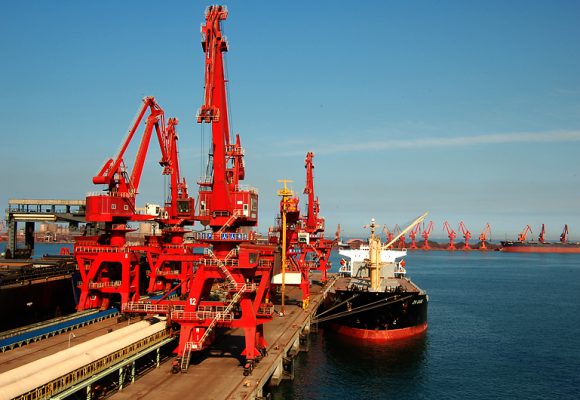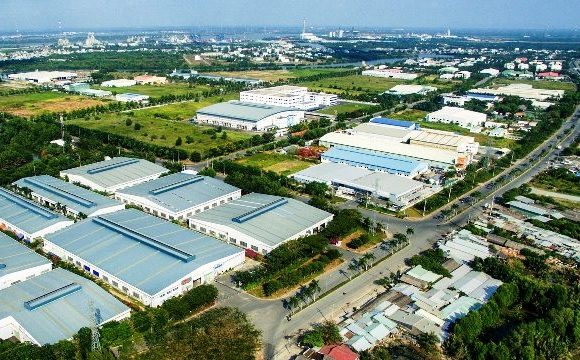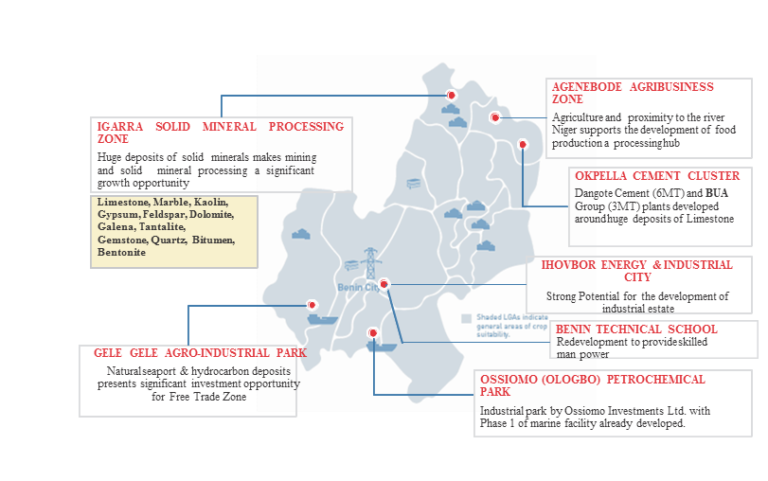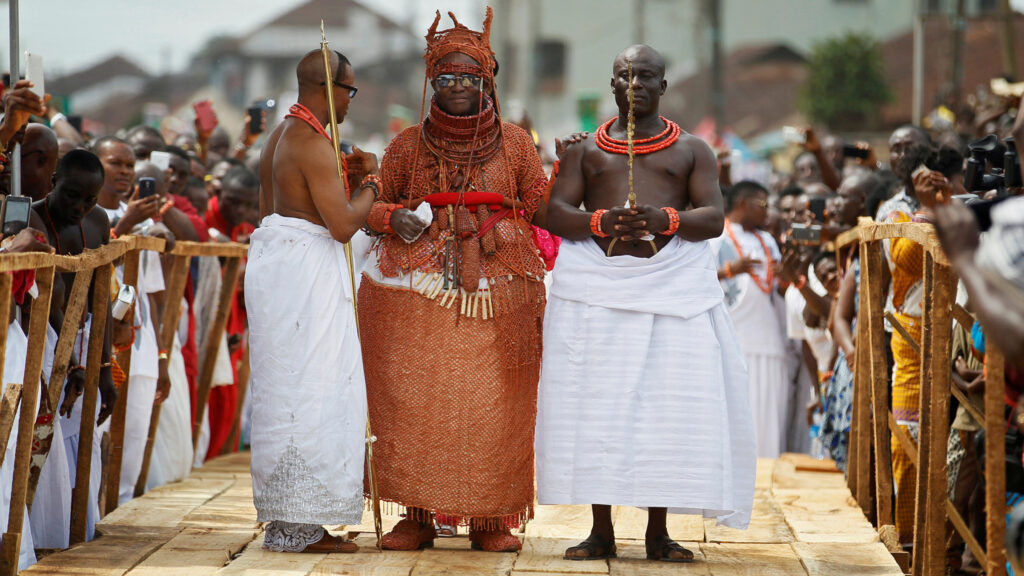
Ministries, Departments & Agencies
Latest News
- Ministries
- Ministry Agriculture and Food Security
- Ministry Of Art, Culture And Diaspora Affairs
- Ministry of Budget, Planning & Economic Development
- Ministry Of Business, Trade and Cooperatives
- Ministry of Education
- Ministry Of Physical Planning, Housing, Urban And Regional Development
- Ministry of Justice
- Ministry of Health
- Ministry of Finance
- Ministry of Social Development and Gender Issues
- Ministry of Youth and Humanitarian Affairs
- Ministry Of Communication and Orientation
- Ministry Of Local Government, Community and Chieftaincy Affairs
- Ministry Of Environment and Sustainability
- Ministry of Water Resources
- Ministry of Roads and Bridges
- Ministry of Mining & Energy
- Ministry of Public Security and Safety
- Ministry Of Digital Economy
- Departments
- Head of Service
- Directorate Of Cabinet, Political & Special Duties
- Directorate of Educational Quality and Accountability
- Office Of The Accountant General
- Strategy, Policy, Project, and Performance Management
- Office Of The Auditor General
- Edo State Auditor Service Commission
- Directorate of Human Resource Management
- Communications Strategy and News Media
- Directorate of Government House and Protocol
- Agencies
- Information Communication Technology Agency
- Small Town & Rural Water Supply And Sanitation Agency
- Edo State Public Procurement Agency
- Edo State Public Building and Maintenance Agency
- Edo State Development and Property Corporation
- Edo State Geographic Information System
- Skills Development Agency
- Community And Social Development Agency
- Edo City Transport Service
- Edo State electrification agency
- Edo State Fire Service
- Edo State Hospitals Management Agency
- Edo State Pension Bureau
- Edo State Primary Health Care Development Agency
- Edo State Flood, Erosion, And Watershed Management Agency
- Edo State Trafic Management Agency
- Edo Signage Agency
- Edo State Parks and Gardens Agency
- Edo State Emergency Management Agency (SEMA)
- Edo State Development Control Agency
©2024 Edo State Government







